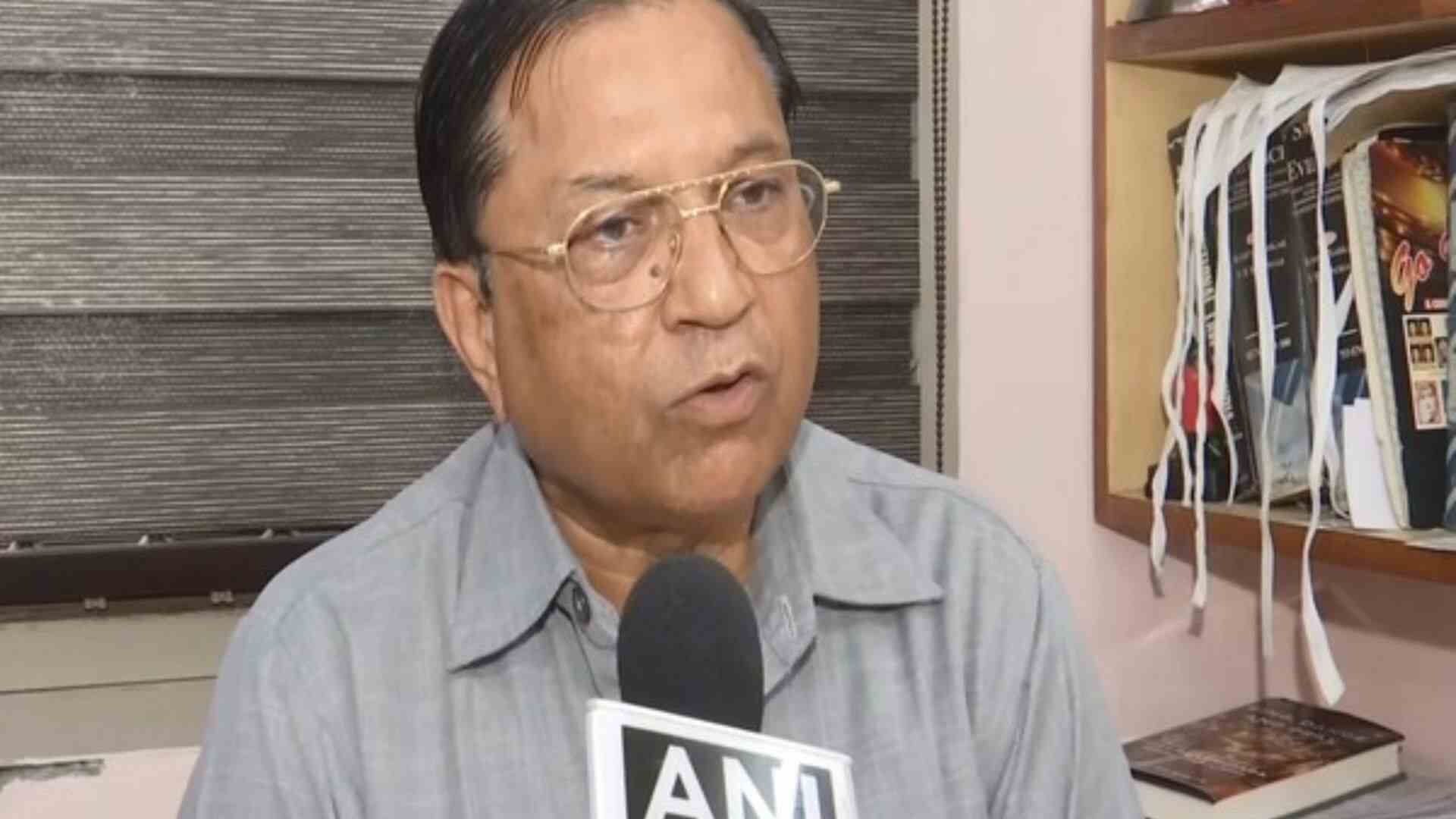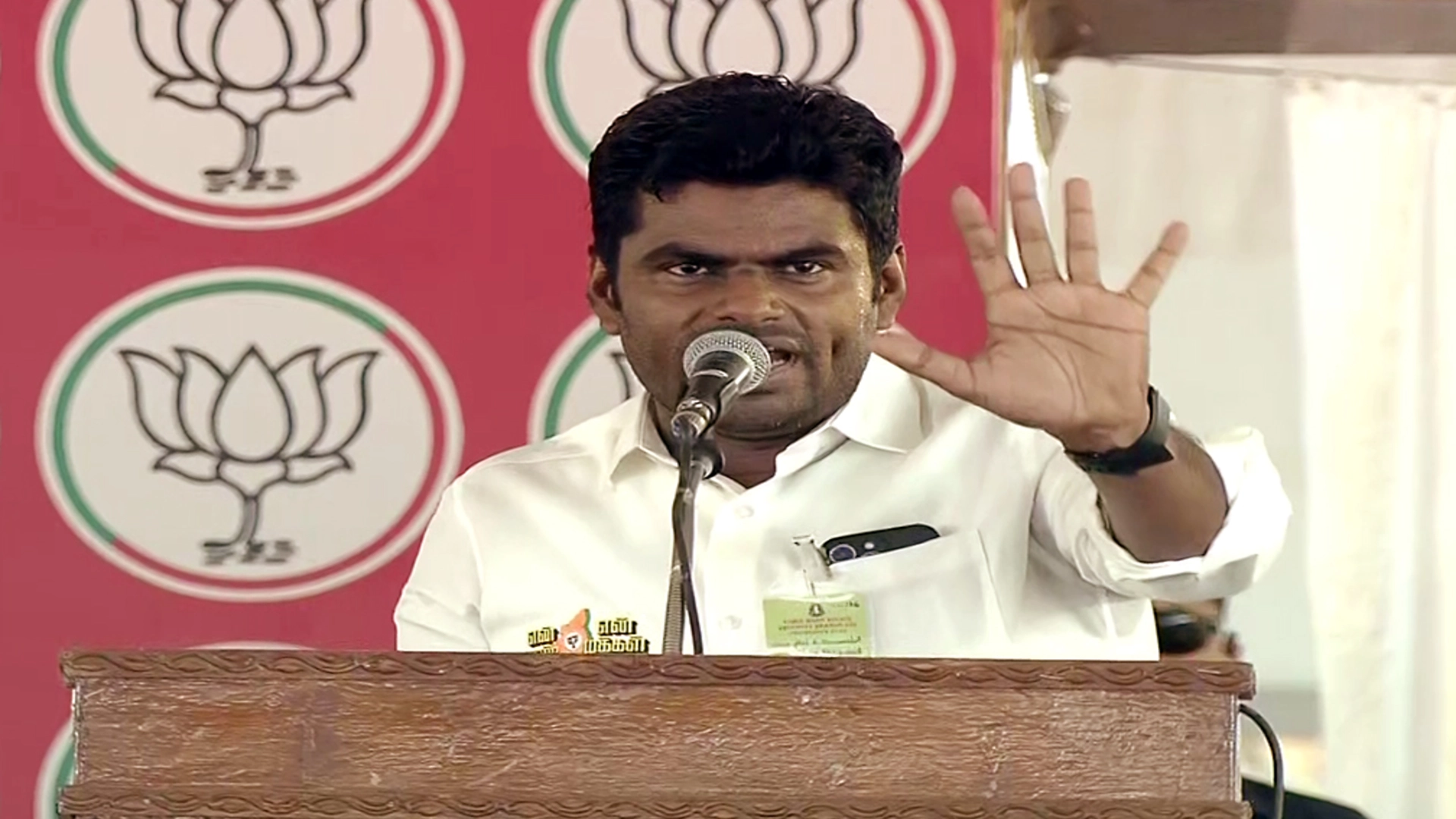Adish C. Aggarwala, President of the Supreme Court Bar Association, wrote to Prime Minister Modi requesting suitable amendments in statutes to appoint sitting judges instead of retired judges to tribunals and commissions.
In his letter, Adish highlighted the impact of appointing retired judges of the Supreme Court and high courts to positions in commissions and tribunals, expressing concern about the perception of their neutrality. He noted that judges are seen as impartial umpires when deciding cases, but when appointed by the government immediately after retirement, there is speculation about their decisions being influenced by a desire to please the government for future appointments.
“This judge is, immediately upon retirement, handpicked by the government to hold a certain position, people cannot help but speculate if the judge was appeasing the government when occupying the chair to be favourably considered by the government on his retirement, in return for the favour,” he wrote.
Adish pointed out that this trend started in 1988 during the Congress Party’s regime, with the Consumer Protection Act and Protection of Human Rights Act setting up consumer courts and human rights commissions led by retired judges. He emphasized the need to amend statutes to appoint sitting judges or practicing lawyers instead of retired judges.
“The Constitution itself provides for the direct appointment of advocates as judges of the Supreme Court and High Courts. If advocates can be considered for being appointed as judges of important constitutional courts, there is no reason why they should not be in the zone of consideration for heading tribunals and commissions,” he added.
He also proposed raising the retirement age of Supreme Court judges from 65 to 68 years and that of High Court judges from 62 to 65 years to utilize their services in courts for longer tenures.
Regarding judges resigning or retiring to join active politics, Adish said, “There is another phenomenon that is bringing disrepute to the legal profession and particularly the judiciary. This happens when a judge resigns or retires and immediately joins active politics.”
He referred to the Basic Principles on the Independence of the Judiciary adopted by the United Nations, emphasizing that judges must conduct themselves to preserve the dignity, impartiality, and independence of the judiciary.
“The judge who is deciding a case is looked on as an impartial umpire who is not approachable by either party,” he wrote.






















